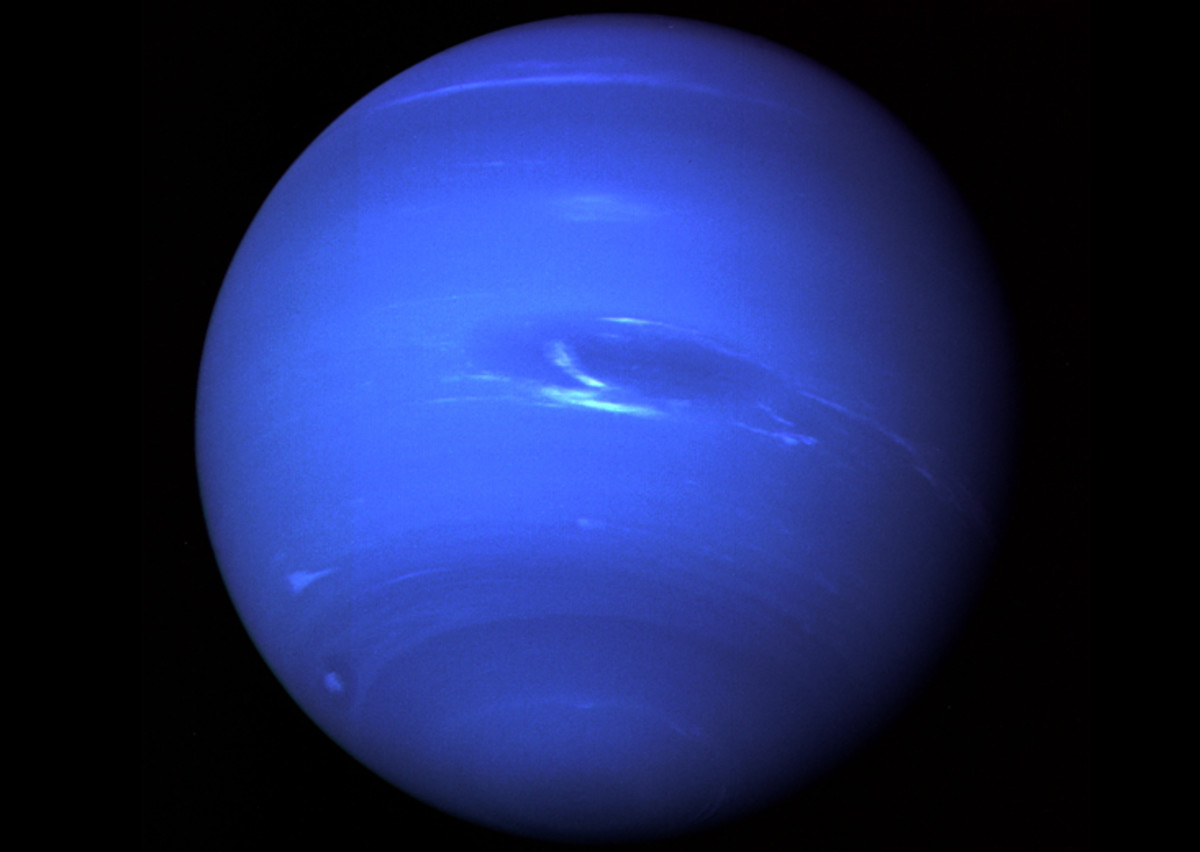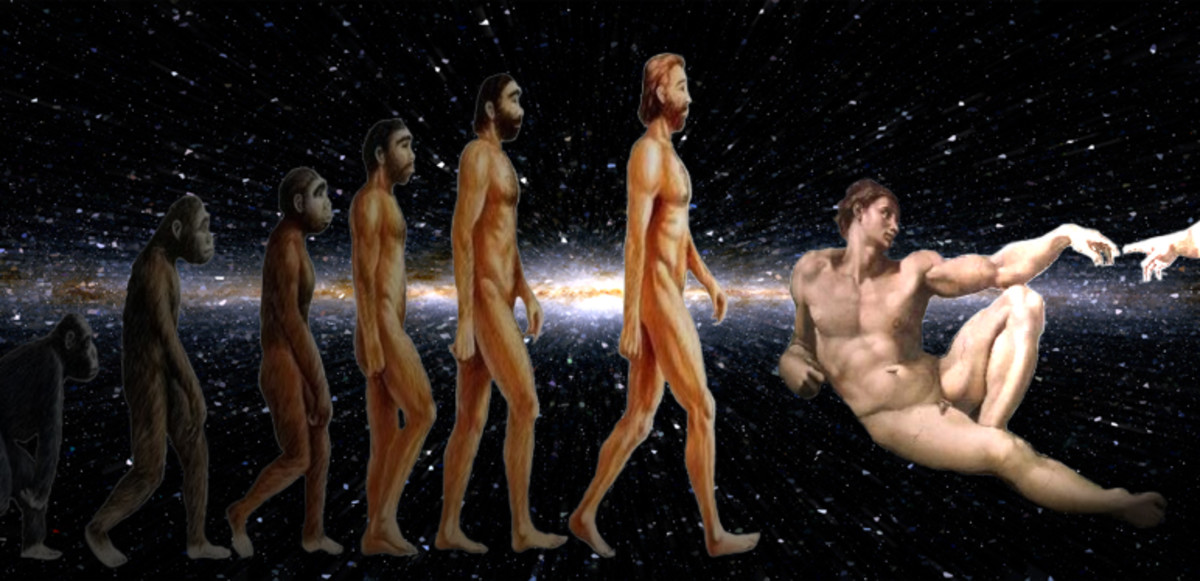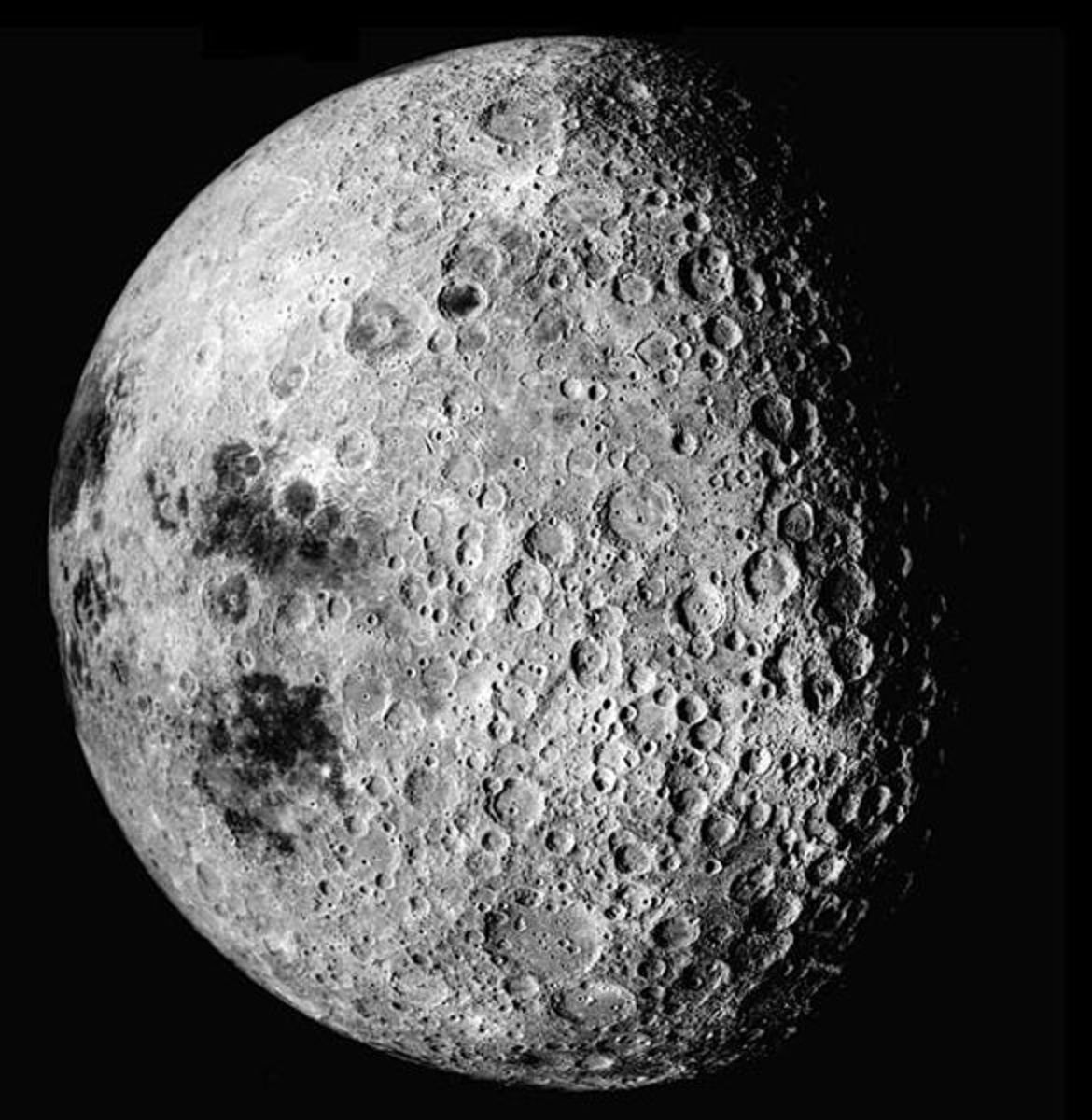The Conjecture of Time

Let us start with what we know about time. We all experience it, we are all bound by it. It seems impossible to escape this almost intimate relation all matter has with Time. In our daily lives, time is but a concept that lets us organize phases of our daily lives, it is a measurement; what the clock reads is time for that moment. Time as stated by physicists, is what prevents everything from happening at once.
For a long part of humans' scientifically alert life, we understood time as mathematical, imperceptible and continuous. Only after the advent of relativity we know time behaves differently for different observers and is much more than what we thought it could be. The gravitational time dilation which states time changes for an observer when the gravitational force around him changes or if the observer moves at incredible speeds; at light speeds. Essentially time gets slower around bodies with immense gravitational forces. We experience time in repeated 24 hour periods because we have evolved here on Earth where a cycle of one day and its consecutive night, or one rotation on its own axis take about 24 hours to complete. It makes it easy to keep track of time. The Moon takes about 29 and a half days to complete its phases and restart which makes a month, it takes 365 days for the Earth and everybody on it to complete a revolution around the sun which makes a year, and it took 3 years for the Spanish Revolution to outspread Anarchism. This measurement has oversimplified what the concept of time really is.
For our better understanding and essentially to prevent social collapse the units of time were created. Hour, minutes, seconds, eons describe time in certain intervals. Humans, one of the more sentient beings see these temporal distinctions as past, present and future, well only if we could see the future. But what does it mean? To see the future. To see a time which has not yet existed for us. First of all time as we know it is relative. For someone moving at the speed of light, time starts to slow down for the observer. For the person moving at those speeds, people on Earth would have frenzied actions like a video on fast forward. His perception of time with respect to himself hasn't changed though. To me sitting here on Earth, time passes as it does for everybody else. But I decided on a trip to the center of our Milky Way, where a super-massive black hole exists. Now for the betterment of Science and to sate my own curiosity, I step into the vast space that has a gravity we cannot perceive, light cannot escape and which slows down time to an almost standstill. Since that immense gravity slows something as incorrigible time, it makes me wonder what time really is. Just a linear notion, or a sort of energy, an illusion of our own consciousness. The 4th dimension that maybe we tap into somewhere in the future.
Can the past be changed? Does the future even exist? Did all of what was the past even exist? Time is majorly thought to be linear. Passing by one moment at a time. Do overs are not possible. Prudence for the future can be availed. Yet no one knows for certain. Time by far is one of the most mystifying notions we made ourselves aware of. Our own Sun is about 4.6 billion years old. This enormous star, the most important source of energy for our planet has lived since and will keep on going for another 5 billion years. This inconceivable time duration sure puts the two decades I have lived into perspective. The magnificent scale of the universe is humbling in so many ways. Just a speck of dust is our Sun when compared to the ever expanding universe.
Our understanding of time is so limited. We only know it moving forward, unable to stop it, rewind it, or fast forward it. Temporal illusions are the closest we get to slowing down time or otherwise. Call it psychological time; it passes fast when you're enjoying and slowly when you're not.
Time is often described as an arrow, inevitably moving forward. Travelling in time is linear. We always move forward. Physicists warn us moving backwards in time, which would perhaps create paradoxes in time. Imagine a person, let's name him "Parricide", going back in time and killing his grandfather, it would intrinsically mean that Parricide would not be born when he was meant to. Which leads to his grandfather not dying, and him being born anyway. This theory suggests that Parricide's existence is the paramount vindication needed that he cannot change the past in any way. Going forward in time is alright though, if only you can figure out the workings of it. We can only access the past by memories or written account. The only way we get to relive the past is by remembering it or read about it. Due to this "arrow of time", all things experience entropy, which is the degree of disorder. More we move forward in time, entropy suggests that an isolated system will either increase in decadence or stay the same, never will it become as neat as a new pin or even stable for that matter. Since the birth of the universe, and intrinsically, time, during the Big Bang, it has only moved forward. Before the Big Bang a time-frame supposedly did not even exist. Therefore all events before the Big Bang are considered meaningless. Today, we flourished on Earth and have been courageous enough to ask existential questions and find the answers deep within the far reaches of space and even inside atoms that make us up. Our Sun shines upon us and will continue to do so until its hydrogen reserves are all extinguished and it goes onto its next life stage of a red giant. Life as we know it on planet Earth will either cease to exist or be very different from what all of us know, much prior to our Sun's transformation.
Our Sun is not eternal and will die as it reaches old age as does everything else. Even after no humans inhabit the universe, after the Milky Way is engulfed by our Sun. Time would still seem to pass, just there will not be anyone to observe it, well no human at least. To be eternal beings, to last as long as time, which can be and possibly is infinite, we would need some form of immortality. The universe is unforgiving. Time is relentless. Humans are fragile.
© 2017 Awijit Kotlia








